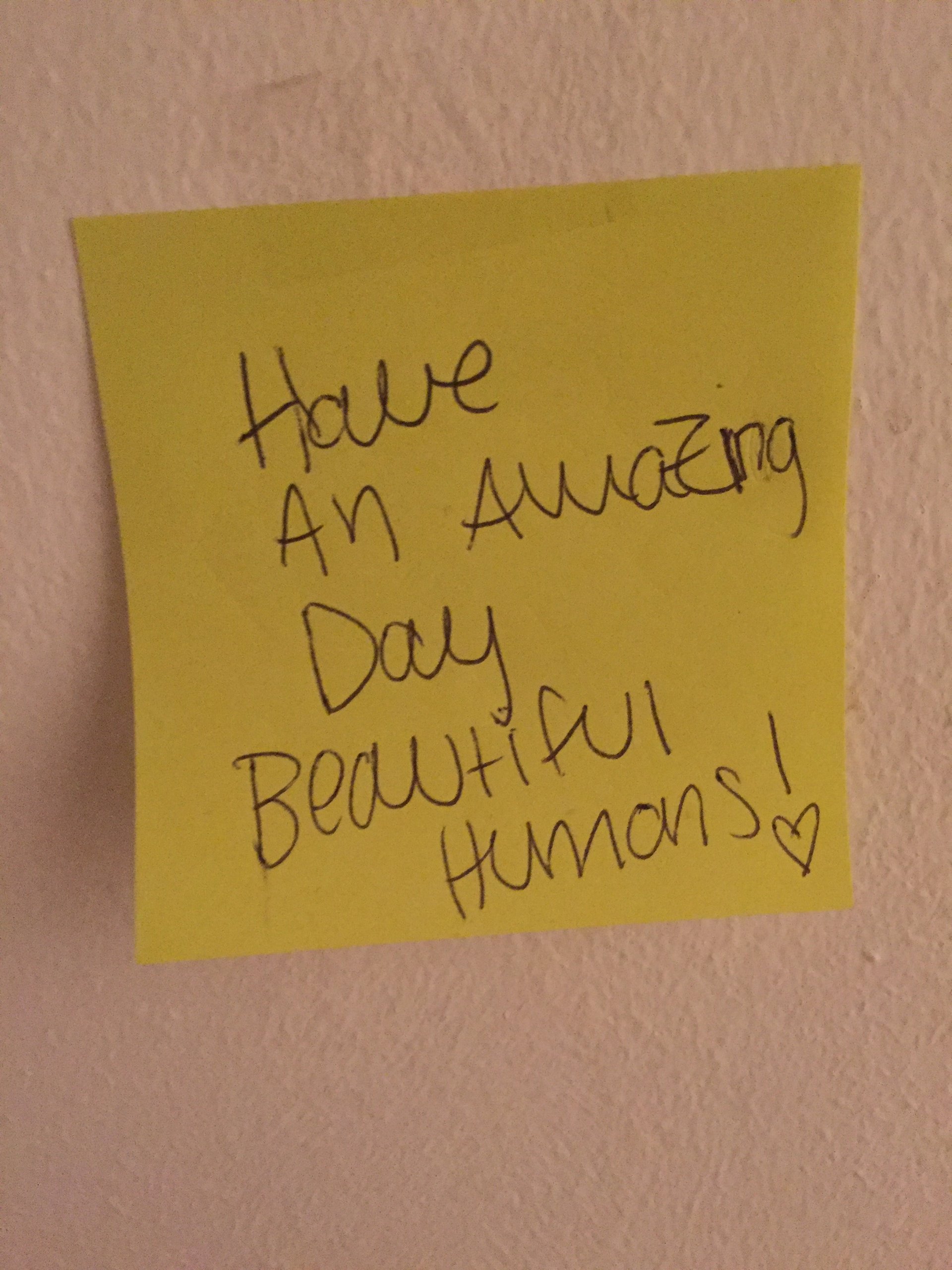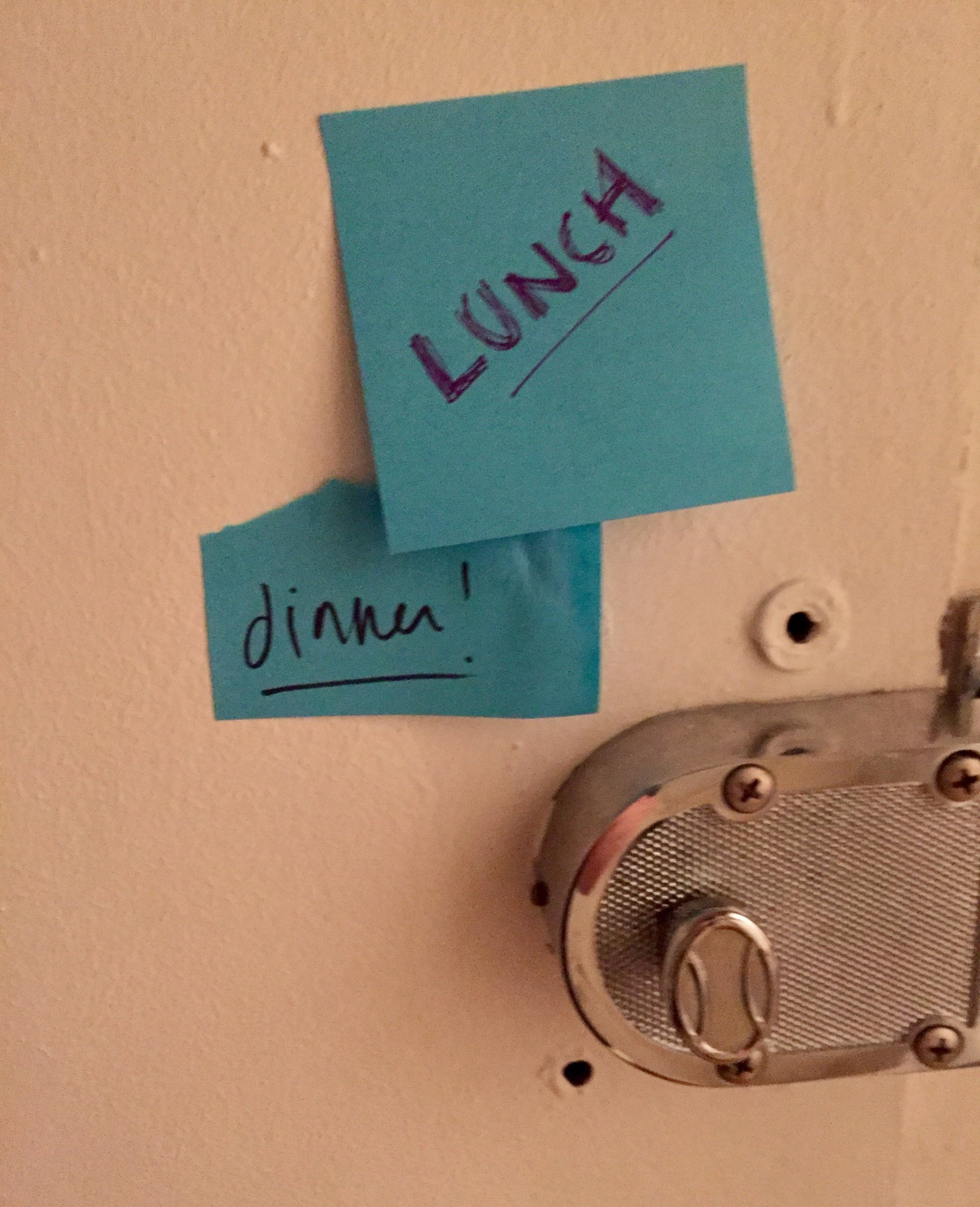Four strategies to make living with roommates chill—even if they’re practically strangers
Each summer, a fresh wave of college graduates discover an inconvenient truth: In the real world, you and your roommates aren’t always BFFs.


Each summer, a fresh wave of college graduates discover an inconvenient truth: In the real world, you and your roommates aren’t always BFFs.
Whether in Greek houses, dorms, or off-campus apartments, after the fateful freshman-year roommate assignments, a lot of US college students live with their closest friends. But post-graduation, this arrangement is hard to keep up. Friends scatter to different cities or move back home with their parents, and millennials find themselves moving in with distant acquaintances and internet strangers.
I know the predicament well. Since graduating in May 2015, I’ve lived in five different New York City apartments, with eight people I’d either never met before or barely knew. Today, I count all of these roommates as friends.
This isn’t due to good fortune alone. It’s the result of simple strategies I’ve learned along the way about how to make a stranger-filled house (or box-sized apartment) into a home.
Leave fun notes for each other
There’s no requirement that roommates share their deepest secrets just because they’re under the same roof, but developing a companionable relationship is key to a comfortable home. As Nicholas Christakis, co-author of Connected: The Surprising Power of Our Social Networks and How They Shape Our Lives, told the New York Times in a 2010 article on roommates, “each happy friend a person has increases that person’s probability of being happy by 9% and each unhappy friend decreases it by 7%.” Basically, if you want to enjoy coming home at night, you need to take steps that ensure your roommate enjoys the experience too.
That means taking an interest in your roommates’ lives and treating them like people—not placeholders. Yet stress and the exhaustion of long work days, student-loan debt, and relationship maintenance can make this difficult. My surprisingly effective friendship hack: Leaving occasional Post-It notes around the apartment.


Writing a note to wish your roommate good luck at a job interview, thank them for cleaning the fridge, or send them good-day vibes takes less than a minute, and communicates that you genuinely care for the other person’s life, even if you’re often ships passing in the night. Amidst endless text messages and emails, even the shortest handwritten notes are guaranteed to prompt a smile. Plus, countless studies have shown that practicing gratitude—even writing a one-sentence, daily thank-you note—makes you happier and healthier, too.
Go in together on a plant
The science-backed benefits of owning a pet are endless. From improved self-esteem and physical fitness to a greater sense of connectedness and meaning, it’s clear that caring for an animal brings us joy. And as shared interests are fundamental to social bonds, it’s no surprise that mutually caring for a lovable pet can bring people closer together.
A lot of recent college grads can’t afford a pet, and wouldn’t want to share a pet with a roommate they barely know, anyway. Thankfully, plants are an effective, low-risk, low-cost alternative.

You and your roommate may have nothing in common, but purchasing a small plant together (which costs about $5-$10 each) is a way to share ownership over a living thing you both care about. And much like a pet, plants can be unpredictable, which means you and your roommate can swap ideas about how to keep leaves from browning, and share a sense of pride when flowers finally bloom.
Agree on a TV ritual
One of the greatest joys of living with close friends is being able to hang out with no particular plans and have a good time. When I moved in with a stranger, I worried that such casual college hangouts would become a distant memory.
Thankfully, I learned that shared interest in a mutual show reliably builds roommate relationships. Silly as The Bachelor is, upon moving in together, my roommates and I agreed to watch the show as a group every Monday night. Since the show doesn’t exactly require rapt attention, our viewing sessions soon became a cherished time to chat about life, unwind, crack jokes, and get to know one another with our guards down.
Establish a closed-door policy
Post-college apartments are often small, which means that privacy is a scarce commodity. But you might worry that isolating yourself from a new roommate would seem cold or rude. Since everyone inevitably needs time alone, it makes sense to clarify a closed-door policy right off the bat: If you’re in your room with the door closed, it means do not disturb. With that idea in place, you secure time alone while nipping miscommunications in the bud.